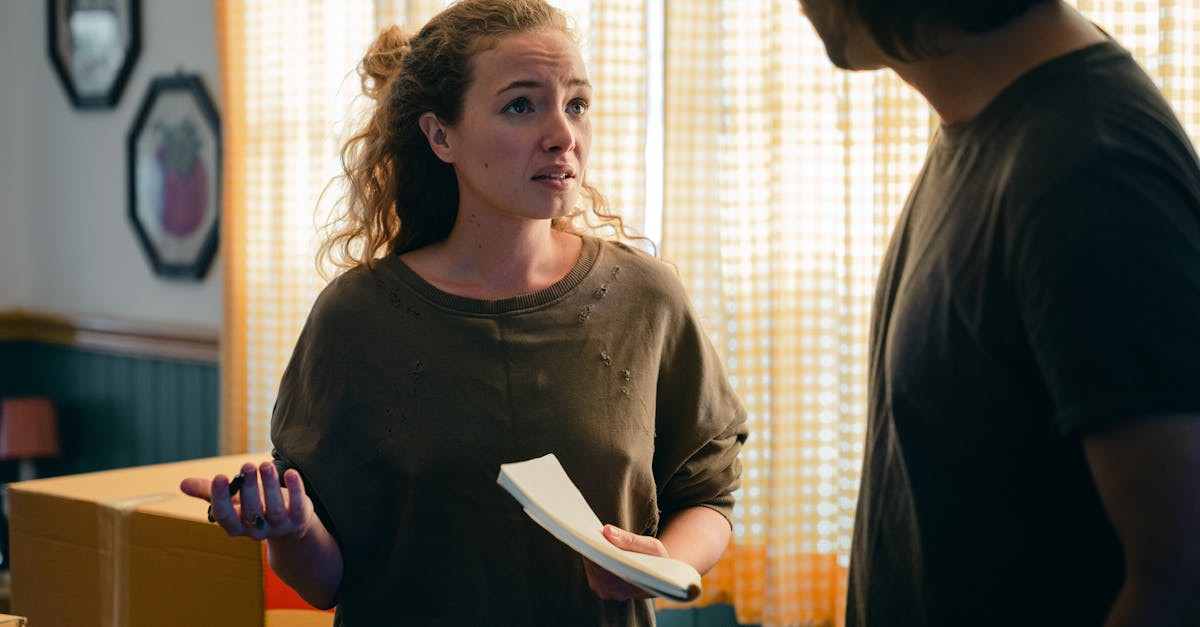When one partner feels that couples therapy would be a good idea, but the other dismisses it as pointless, frustration and resignation can often follow. The good news is that many couples do improve their connection through self-help strategies, open communication, and mutual effort, even with no formal counseling.
Understanding The Resistance To Therapy
Some people reject therapy due to stigma, skepticism, or fear of vulnerability. Others think airing their dirty laundry with a stranger won’t help. Figuring out your partner’s hesitation, or even outright refusal, is essential. Are they afraid of blame? Do they feel judged? Getting to the root of their reluctance can open a conversation and get past their squirmy defensiveness.
Strengthening Communication At Home
Many couples see progress just by improving how they communicate with one another. Practicing active listening, using “I” statements instead of accusations, and avoiding interrupting the other person will all foster better understanding. Expressing emotions calmly and validating each other’s feelings can allow space for discussion without a therapist present.
Learning Together Through Relationship Resources
Self-help books, podcasts, and online resources are the raw materials used by professional therapists. Books like Hold Me Tight by Dr. Sue Johnson or The Seven Principles for Making Marriage Work by Dr. John Gottman lay out research-based strategies for improving connection and settling disputes. Reading or listening together could encourage shared understanding and teamwork; but again, don’t try to force this material on a reluctant partner.
Setting Small, Achievable Goals
Change doesn’t need to happen right this minute; treating the problem as an emergency will only stress the two of you out. Set small achievable goals, like weekly check-ins, designated no-phone dinner times, or expressing appreciation daily. This can rebuild trust and intimacy if done consistently. These good habits encourage both partners to invest in the relationship without the oppressive thought of an upcoming therapy session hanging over everything.
Identifying Patterns And Triggers
Many relationship struggles stem from unrecognized patterns. For example, recurring arguments may follow the same emotional script. Pinpointing these cycles, such as one partner withdrawing while the other rambles on, can help you break out of destructive ruts. Recognizing triggers and agreeing to put conflicts on pause before they spiral out of control fosters a healthier dynamic.
What About Alternative Support Systems?
If traditional therapy is out of the question, there are alternatives out there. Relationship workshops, online courses, or support groups give structured guidance without the commitment of weekly counseling sessions. Even solo counseling can help one partner build the skills to improve the relationship, although you’re probably better off if both of you participate in growth.
Respecting Personal Boundaries
It’s natural to want to seek professional support, but pressuring a partner into therapy could backfire. If they feel like they're being dragged into it, they’re unlikely to engage in a meaningful way. Respect their personal boundaries while expressing your own needs clearly. Sometimes, focusing on personal growth and leading by example can motivate a reluctant partner to reconsider therapy over time.
When Outside Help Is Necessary
Some relationship challenges really do require professional support, especially when there are patterns of emotional abuse, manipulation, or unresolved trauma. Communication and self-help tools can certainly improve many relationships, but if there’s something more serious going on, you’ll need the guiding hand of an experienced mediator to navigate safely and constructively.
Moving Forward
Couples therapy can be beneficial, but it’s not the only path to improving a relationship. Honest communication, self-help resources, and small positive changes, can help couples make meaningful progress without professional intervention. Last but not least, both partners have to be willing to engage, reflect, and put in the work to create lasting change.
You May Also Like:
Harnessing The Power Of Active Listening
10 Mistakes People Make In Their Relationships—And How To Fix Them










